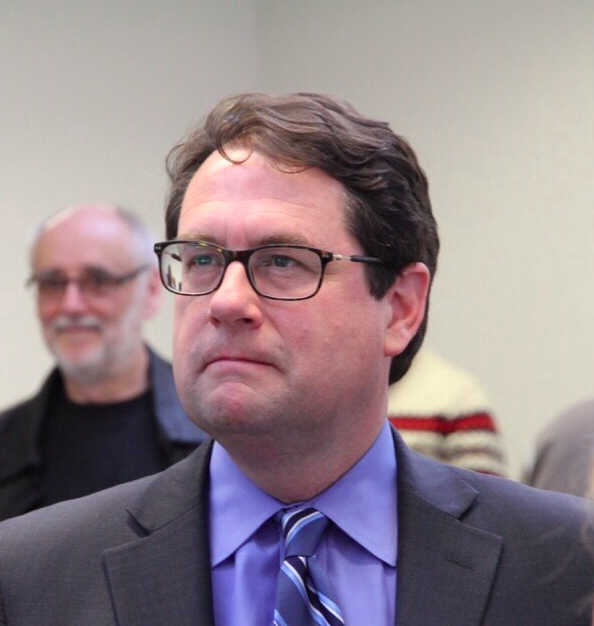
(Photo from Wikipedia)
QUEBEC—The Parti Quebecois wants to shed light on what really prompted a difference of opinion between the co-authors of the report into the province’s corruption-riddled construction industry.
PQ house leader Bernard Drainville has written a letter to the president of the committee on institutions requesting that it summon France Charbonneau, who headed the probe that looked into the industry, as well as inquiry commissioner Renaud Lachance.
The request came a few hours before Radio-Canada’s scheduled broadcast of an investigative report Thursday night focusing on acrimonious emails sent by Lachance to Charbonneau regarding the wording in the final report.
The CBC’s French-language network says the tone of the emails suggests he was seeking to mitigate criticism of political parties in the final version—In particular the governing Liberals.
Radio-Canada has also obtained an annotated chapter on political party financing it describes as about 100 marked-up pages with Lachance’s handwritten notes.
Drainville says the Liberal-dominated committee, chaired by Guy Ouellette, should hear from the pair in short order.
“We believe it is our responsibility to ensure that all issues raised by the work and the report of CEIC (the corruption inquiry) are answered, especially with regard to the reasons that prompted Mr. Lachance to express dissent on an important part of the report’s conclusions,” Drainville wrote.
The inquiry, spanning four years, cost nearly $45 million.
“We knew there was dissidence, but we didn’t know there was an open conflict between the two,” Drainville said in an interview, adding it’s equally important if there was political pressure behind it.
Drainville’s take on the contents of the emails is that Lachance’s objections relate primarily to former key Liberals—ex-premier Jean Charest, former cabinet ministers Nathalie Normandeau and Line Beauchamp as well as businessman Marc Bibeau.
“If we add up these comments, we get the impression that he wanted to mitigate the actions of the Liberal party and the role played by some key players,” Drainville said.
The final report included a marked disagreement between the two as to whether the evidence heard was enough to establish a link between companies answering contract tenders and donations made to provincial parties.
Lachance made it clear in several paragraphs of the final report that he didn’t agree the case was made.
Charbonneau’s report contains some 60 recommendations designed to help clean up the system of handing out contracts in the construction industry.
The government called the PQ’s move a “spectacular demagogic exercise” aimed at undermining the inquiry’s recommendations and using the institutions committee for partisan purposes.
Charles Robert, a spokesman for Premier Philippe Couillard, said it will be up to the institutions committee to evaluate Drainville’s request and rule on it.
“If they have no fear about the truth coming out, if they have nothing to hide… they shouldn’t be afraid to hear both Madame Charbonneau and Monsieur Lachance,” Drainville said.